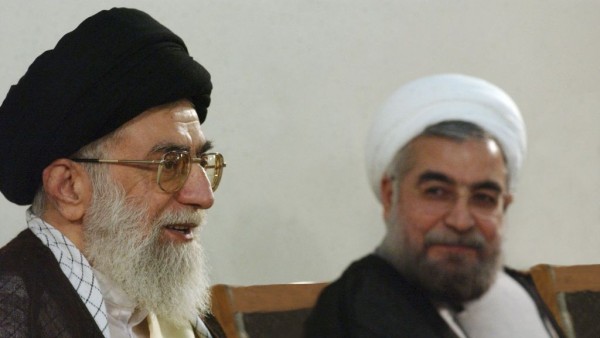Washington (AFP) – US Secretary of State Mike Pompeo said Monday that Iran was the uniting factor behind protests around the Middle East, saying demonstrators in Iraq, Lebanon and Iran itself opposed the clerical regime.
While acknowledging diverse local reasons for the unrest that has swept the Middle East as well as other regions, Pompeo pointed the finger at Iran, considered an arch-enemy by President Donald Trump’s administration.
Iraqi premier Adel Abdel Mahdi resigned “because the people were demanding freedom and the security forces had killed dozens and dozens of people. That’s due in large part to Iranian influence,” Pompeo said.
“The same is true in Lebanon, the protests in Beirut,” he said at the University of Louisville.
“They want Hezbollah and Iran out of their country, out of their system as a violent and a repressive force,” he said.
He said that protests inside Iran — which Amnesty International says have killed more than 200 people — showed that Iranians were also “fed up.”
“They see a theocracy that is stealing money, the ayatollahs stealing tens and tens of millions of dollars,” he said.
n both Iraq and Lebanon, protesters have primarily called for an end to corruption, greater efforts to create jobs and a restructuring of the political system.
In Iraq, Abdel Mahdi had close ties with fellow Shiite-majority Iran but also enjoyed support from the United States. Protesters last week torched the Iranian consulate in Najaf.
In Lebanon, the United States has been seeking to isolate Hezbollah, the Shiite, pro-Iranian militant movement that is also a political party with berths in the previous government.
The Trump administration, which has close ties with Iran’s adversaries Saudi Arabia and Israel, has put a priority on curbing Tehran’s regional influence including by imposing sweeping sanctions.
AFP


Leave a Reply
You must be logged in to post a comment.